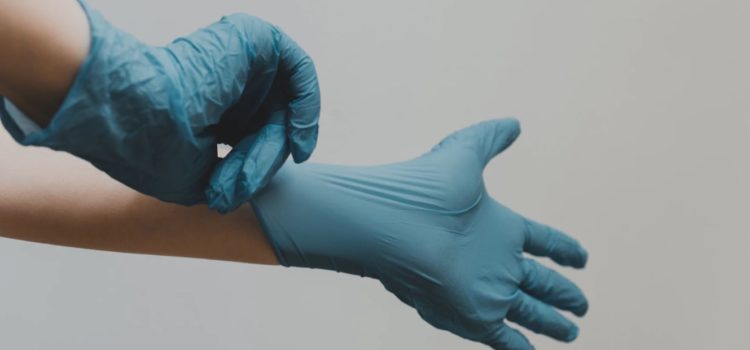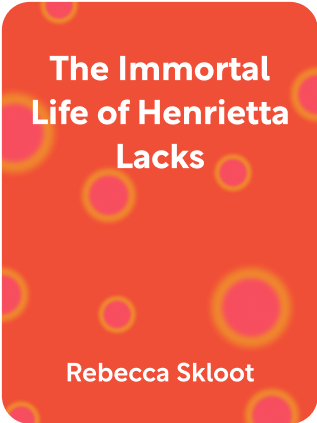

This article is an excerpt from the Shortform summary of "The Immortal Life of Henrietta Lacks" by Rebecca Skloot. Shortform has the world's best summaries of books you should be reading.
Like this article? Sign up for a free trial here .
What is the history of Johns Hopkins and its treatment of African Americans? Who were the night doctors? What reputation does Johns Hopkins have with Baltimoreans?
Johns Hopkins night doctors were thought to kidnap people for inhumane experimentation. They are part of a history of mistreatment in the medical and research fields and related to how Hopkins treated Henrietta Lacks.
Learn more Henrietta Lacks, Johns Hopkins, night doctors, and ethical issues in research.
Night Doctors and Exploitation
Since the early 19th century, African Americans had traded tales of “night doctors” who would abduct people in the middle of the night for gruesome experiments. These tales weren’t just the product of superstition: During slavery, doctors would in fact test new drugs or surgical procedures—the latter without anesthesia—on slaves.
Later, in the early twentieth century, deceased African Americans were exhumed from their graves and sent north to medical schools desperate for cadavers to study. Hence the belief among African-American Baltimoreans that Hopkins was built among poor black people to have easy access to research subjects.
The Mission of Johns Hopkins Hospital
The irony was that Johns Hopkins Hospital was founded to help poor people and especially African Americans. Johns Hopkins’s father, a Maryland plantation owner, freed his slaves long before emancipation, and Johns Hopkins himself donated $7 million of his fortune to establish a medical school and charity hospital. In letters to the trustees he’d chosen for the board of the hospital, he mandated that the hospital treat those who couldn’t otherwise afford medical care and set aside funds for the express purpose of serving orphaned African-American children.
Despite its founding mission, Hopkins did indeed, at various times, breach the trust of the community it was meant to serve. In 1969, a researcher examined blood samples from 7,000 neighborhood children without consent in an effort to determine whether there was a gene for criminality. And in the ’90s, researchers intentionally exposed black children to lead to study lead-abatement techniques.
Henrietta Lacks: Johns Hopkins Worst Offense
The gravest offense of all, however, according to black Baltimoreans, was how the doctors at Hopkins had exploited Henrietta Lacks. The Lacks family, for their part, were furious over and devastated by how they’d been treated. They told Skloot that they were given no information about what was happening with Henrietta’s cells and hadn’t been compensated. (Even though Hopkins had said on numerous occasions they’d given the cells away, the family suspected that the hospital had turned a profit.) That Henrietta’s cells had played such an outsize role in medical advances was especially painful given that the Lackses themselves were in poor health and could only afford insurance intermittently.

———End of Preview———
Like what you just read? Read the rest of the world's best summary of Rebecca Skloot's "The Immortal Life of Henrietta Lacks" at Shortform .
Here's what you'll find in our full The Immortal Life of Henrietta Lacks summary :
- How Henrietta's cells became used in thousands of labs worldwide
- The complications of Henrietta's lack of consent
- How the Lacks family is coping with the impact of Henrietta's legacy






